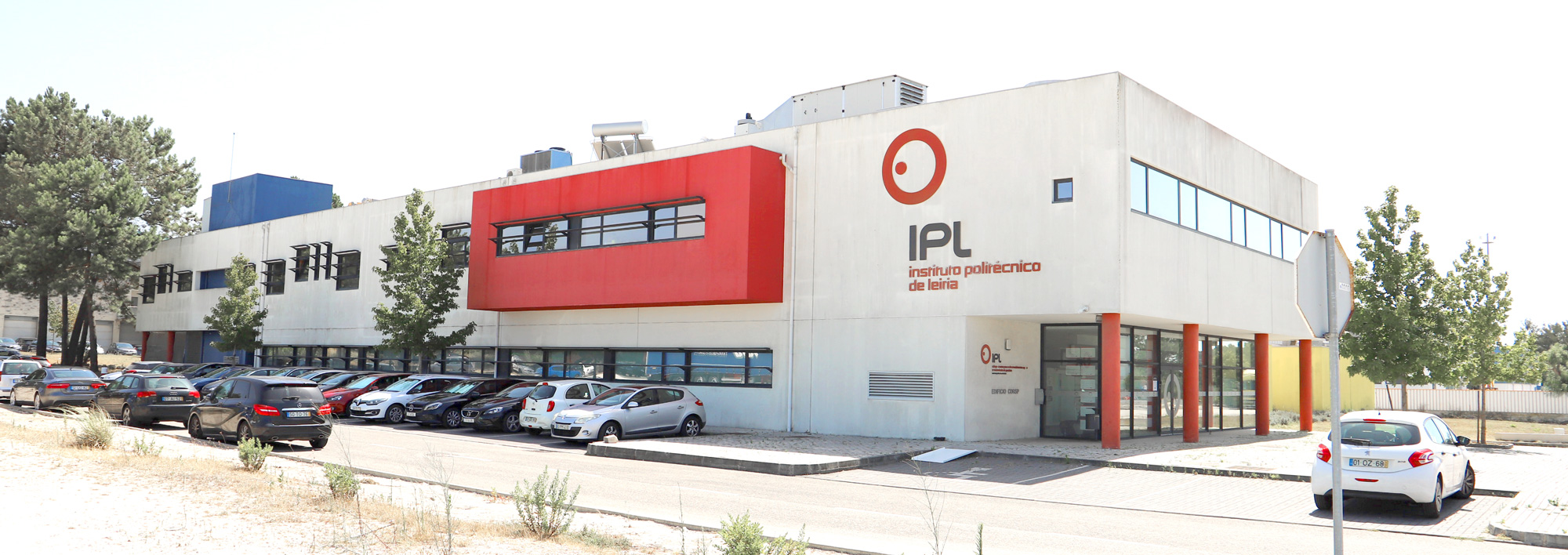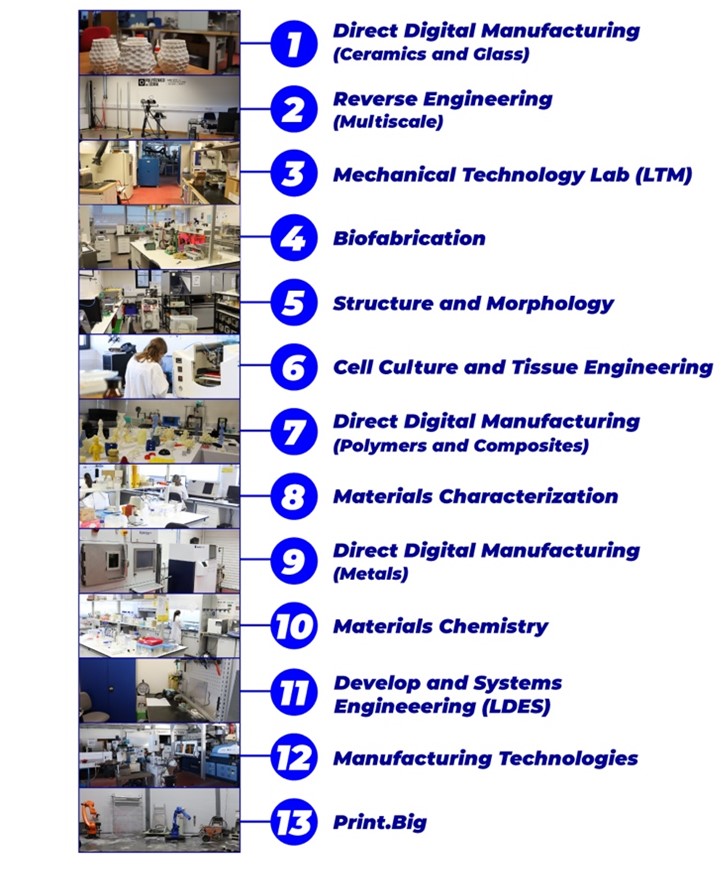
Based in Marinha Grande, it’s considered a Centre of excellence in the area of Mechanical Engineering and Engineering Systems, by the Portuguese Foundation for Science and Technology (FCT).
Focused on the creation and development of products, materials and methodologies, which are distinguished by technical and innovative efficiency, CDRSP is proud to be able to contribute to the scientific and technological advancement of society.
Priority is also the provision of research, advanced training and consultancy services in areas considered strategic.
Excellence is the goal that moves us!
The aim of the strategic research programme 2018-2023 was to consolidate and reinforce the national and international position of the CDRSP as a leading research group in the field of Direct Digital Manufacturing based on Additive Manufacturing (AM), as illustrated in Figure 1, moving towards the fully integrated concept of added-value manufacturing. This was possible due to the multidisciplinary nature of the CDRSP Research Team, comprising researchers from different scientific backgrounds. The main Scientific Research Areas of CDRSP lays on AM, having a focus on 60% of applied research and 40% of basic research. To do so, AM is supported by 3 core interconnected scientific pillars: (i) mathematical and computational methods (ii) Advanced materials; and (iii) innovative manufacturing processes.

On January 2016, the CDRSP moved to a new research infrastructure (Figure 2) supported by the Centre Regional Coordination and Development Commission (CCDR-C, Governmental body) and funded by Portugal and European Union (EU). The new building has an area of 2000 m2 located in a land area of 8070 m2.
CDRSP facilities are split over two floors, where, on the ground floor, are located 12 laboratories, namely: the Materials Chemistry, the Materials Characterization, the Cellular Culture, the Biofabrication, the Multiscale Modelling and Reverse Engineering, the Direct Digital Manufacturing: Metal, the Direct Digital Manufacturing: Polymers/Composites, the Direct Digital Manufacturing: Ceramics, the Mechanical

Technology, the Structure and Morphology, the BigPrint and, a Training Factory. On the first floor are located the library, open space rooms used for meetings and research forums, two dedicated meeting rooms, a small auditorium, several research offices and one administrative office.
CDRSP building is near significant stakeholders and partners, like the CENTIMFE – Technological Center for the Mould and Special Tools Industry, the OPEN Business Incubator, and Crisform – a Professional Training Center for the Crystal Industry. Its location materializes an existing ecosystem for an effective technology transfer between companies and the CDRSP, thus enhancing early contacts with dedicated technological startups.

2011 – Rui Ruben, Young Researcher award, Prof. João Martins, 2011, promoted by Portuguese Society of Biomechanics